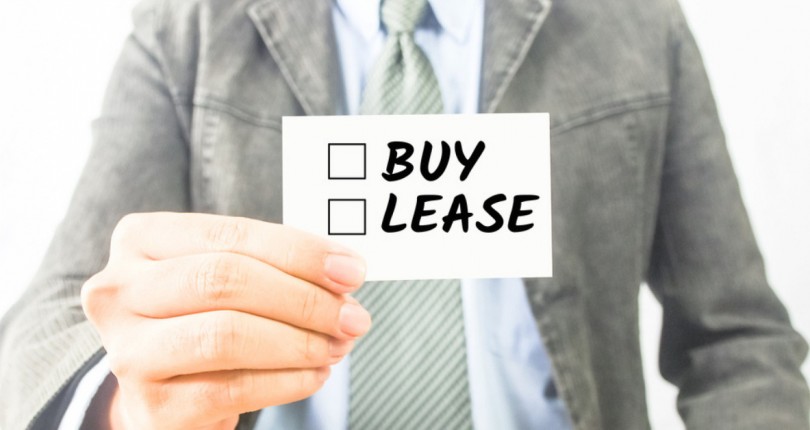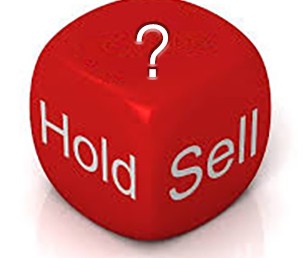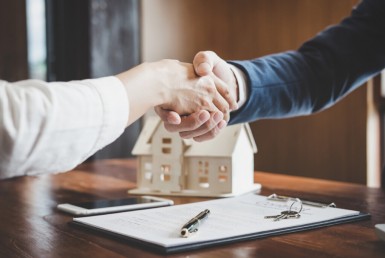Is It Better To Lease Or Own Commercial Property? How Entrepreneurs Can Decide

If you run a small business, you might be wondering whether you should lease or own your property. As a partner and executive vice president at a commercial real estate brokerage, one of the most frequently asked questions I receive from clients is, “Should I buy or lease a commercial building?”
Well, like anything in life, my answer is, “It depends.”
After all, there are pros and cons to each option that are important to weigh.
Reasons To Consider Leasing:
- There are a few reasons it could make more sense for your business to lease a commercial property, including:
- Your business is growing and you are not sure how fast you might outgrow the property.
- There are market conditions that are unstable, so only committing to a three- to five year lease gives you better peace of mind.
- Capital is tight and you don’t have enough for a down payment.
- Your company is young and still in the “building phase.”
- Your company is new to a market area, or your customer base is in a tight geographic area, and the only option is to lease without losing customers.
- Your timing is immediate and you need a building within the next 30 to 60 days.
- You have the opportunity to get favorable lease terms.
- Reasons To Consider Owning:Los Angeles
That being said, there are also times when owning the property could be a better fit for your business, such as:
- Buying allows you to have full control of the property, and you don’t have to answer to a landlord.
- You are building equity and long-term wealth.
- Many small businesses, in my experience, can purchase a property with a 10% down payment using a loan from the Small Business Administration.
- If the business goes under, you close or you want to sell it, you have the real estate to fall back on or you can lease the property to tenants.
- You might see certain tax advantages (though you should consult with your accountant first).
- Making The Decision To Buy Or Rent:
As you can see, there really is no one answer to whether you should buy versus rent.
Prior to making such a large business investment, you’ll need to consider your business’s goals, access to capital and projected growth. By keeping these three factors in mind, you can get a sense of what your business can realistically afford, as well as make a decision that’s in line with your vision for the company.
If you’re leaning toward buying, it’s also worth considering how you would fare in the event of a recession, if you need to close the business, etc. For example, I often think back to the 2008 economic downturn when I saw many businesses go under. The 2008 crash had a significant impact on the economy, and some of my clients who owned their commercial property made out better than those who didn’t. Of course, many of those clients had been in business for more than 20 years, and by that point, they owed very little or nothing at all on their properties. So, even though the business might have fallen apart, their real estate investment survived.
In another instance, I had a client who owned a pickle manufacturing plant in Los Angeles. He had no one in the family to pass the business down to, the principal was aging, the business was no longer growing and the facility had become obsolete for any other food business. As the business was slowing down, the real estate he owned was going up in value. The owner was very smart; he not only owned the facility but also had acquired most of the properties adjacent to the manufacturing plant. As a result, he was able to sell the properties to a developer who was planning to build housing.
I have even witnessed clients with real estate that ended up outpacing the business. A number of business owners I know simply made a choice to own their building, and over time, they kept acquiring more real estate.
As a business owner, it is important to think about scenarios like these. Just as you think about your products, your marketing, your sales and your customers, deciding to own or lease could make a big difference.




